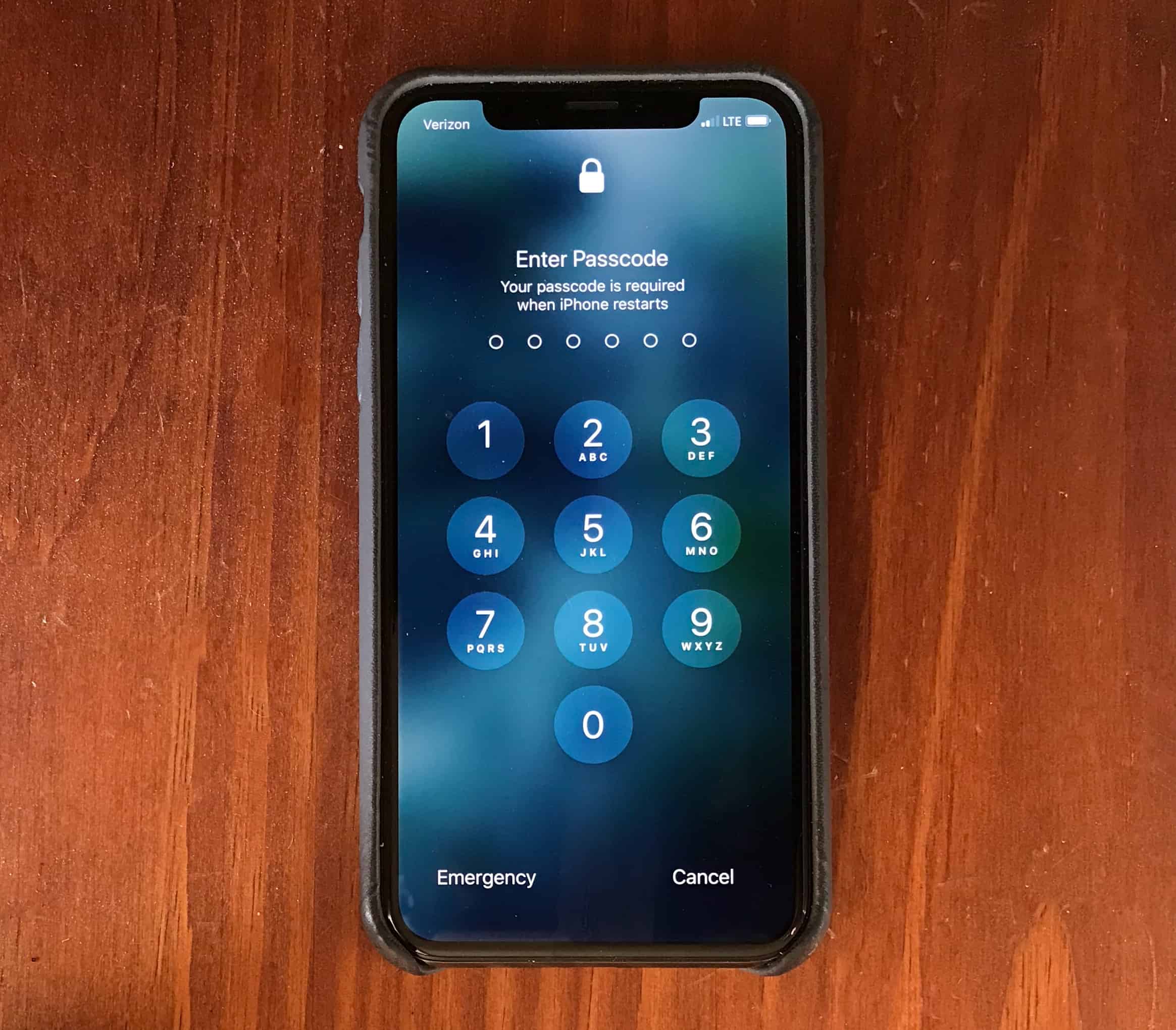Apple and other tech companies are fighting back against a newly proposed method for giving law enforcement access to encrypted smartphones, bypassing users’ passcodes.
The iPhone backdoor proposal comes from Ray Ozzie, who was once chief technical officer at Microsoft, and its chief software architect.
His goal is to find a way for smartphone content to be encrypted and safe from hackers, while also allowing law enforcement access to devices used in crimes.
This topic always generates controversy, as many privacy advocates believe this so-called “exceptional access” would inevitably make mobile devices vulnerable to hackers.
Proposed iPhone backdoor
Ozzie proposes that every iPhone, Android, etc. come with two digital keys. One will be stored on the handset, while the other is known only to the manufacturer of the phone. Each key is unique to that device. Together, these keys are used to encrypt a passcode that will unlock the phone.
When a law enforcement agency wants to unlock a smartphone, it would need to go to Apple (or other manufacturer) and request its private key. Combining this with the key stored on the device would generate the passcode.
The key stored on the phone would be required for this process, so the handset couldn’t be unlocked remotely. And Ozzie’s suggestion includes permanently freezing the contents of the phone so that it can be read but not modified.
Not gonna happen
Ray Ozzie’s proposal – which he dubbed Clear – is just that: an idea he’s floating around to see if it’s practical. Still, it’s gotten enough traction that Apple, Google, Microsoft, and other tech giants released a public statement to repudiate it.

Photo: Reform Government Survelience
The statement doesn’t pull any punches: “Recent reports have described new proposals to engineer vulnerabilities into devices and services – but they appear to suffer from the same technical and design concerns that security researchers have identified for years.”
They have drawn a line in the sand, even against giving police access. “We have consistently raised concerns about proposals that would undermine encryption of devices and services by requiring so-called “exceptional access” for law enforcement. Weakening the security and privacy that encryption helps provide is not the answer.”
In short, Apple isn’t going to voluntarily build Ozzie’s proposed unlocking system into the iPhone.
That leaves involuntary installation of an iPhone backdoor through act of Congress. That hasn’t been proposed yet, but Apple and the other tech behemoths are indicating that’s they’ll use their considerable lobbying muscle to block any such legislation.
The head of the FBI is likely to leap on Ozzie’s suggestion. FBI Director Christopher Wray has been looking for a way around iPhone encryption for years. Other agencies and police departments are using iPhone unlockers like GrayKey.


